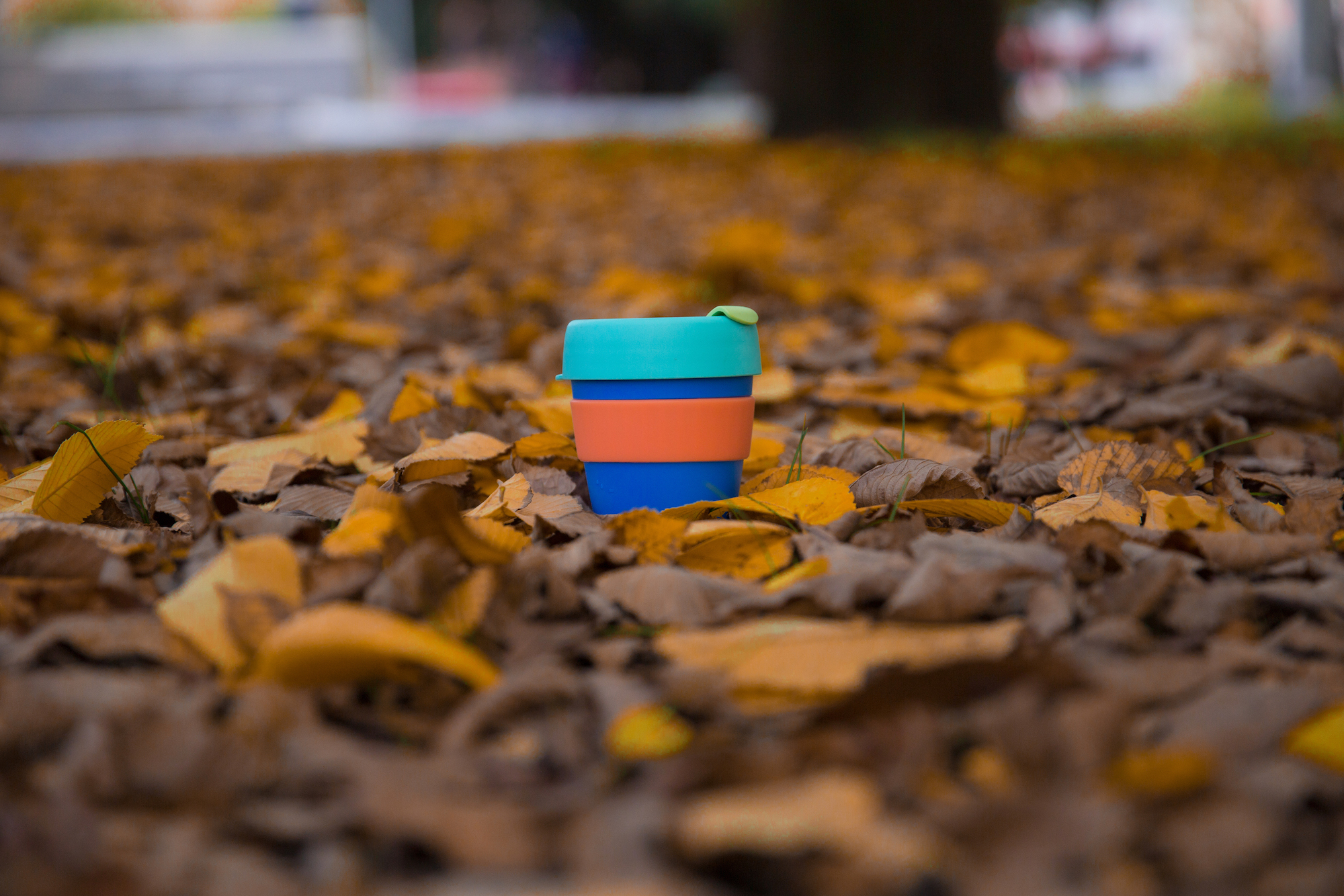Encore: Unexpected outcome in bagging area

How the 5p plastic bag tax changed British habits overnight, and why we should think twice about our takeaway coffee cups
Published 1 June 2017
{"message":"Network connection lost."}

How the 5p plastic bag tax changed British habits overnight, and why we should think twice about our takeaway coffee cups
Published 1 June 2017